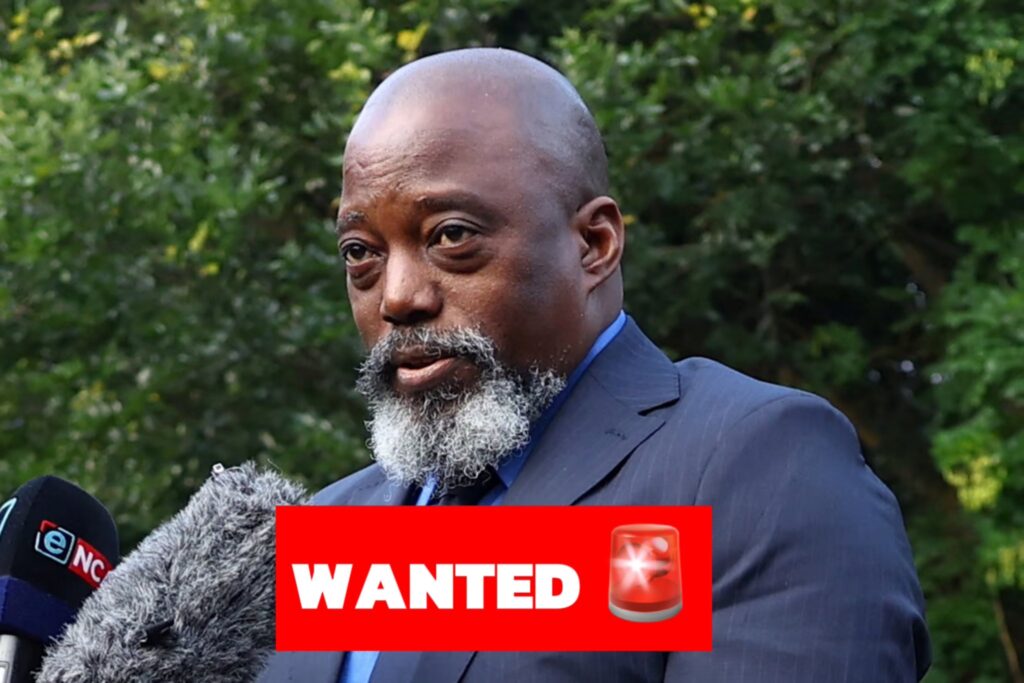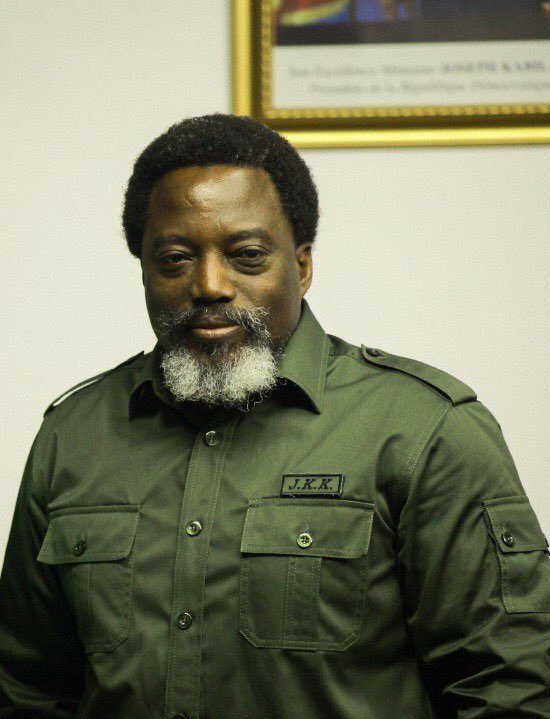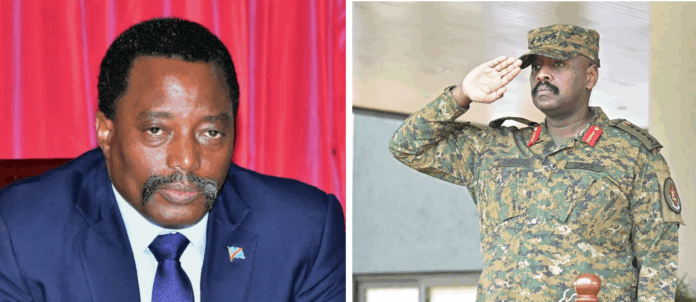Former DRC President Joseph Kabila has made a calculated political comeback by joining opposition leaders in a joint declaration that challenges both President Felix Tshisekedi’s peace initiatives and Uganda’s military presence in eastern Congo. The April 30 declaration, co-signed with Martin Fayulu, Moïse Katumbi, and Delly Sesanga, calls for a Congolese-led peace process while subtly opposing foreign military interventions.

This move appears directly aimed at countering General Muhoozi Kainerugaba’s growing influence in Congolese affairs. The Ugandan general recently made inflammatory statements, declaring: “I will not let Joseph Kabila become a President of DRC again! You can forget about that”. Muhoozi also criticized Kabila’s past security failures, stating he “allowed ADF to subsist in Eastern DRC for 17 years” and “never allowed us to take action against them”.
The historical tensions between Kabila and Uganda’s leadership have deep roots. During his presidency, Kabila maintained a frosty relationship with Ugandan President Yoweri Museveni, largely due to accusations that Kabila provided safe haven to the Allied Democratic Forces (ADF), allowing the rebel group to establish strongholds in eastern Congo. While President Museveni addressed these concerns diplomatically, his son Gen. Muhoozi has taken a more confrontational approach.

By positioning himself within a coalition of prominent opposition figures calling for the withdrawal of “all foreign forces and mercenaries,” Kabila appears to be mobilizing nationalist sentiment against Uganda’s estimated 4,000-5,000 troops currently deployed in eastern Congo. This strategy serves both to undermine Muhoozi’s influence and to reestablish Kabila as a key player in Congo’s political future.
























